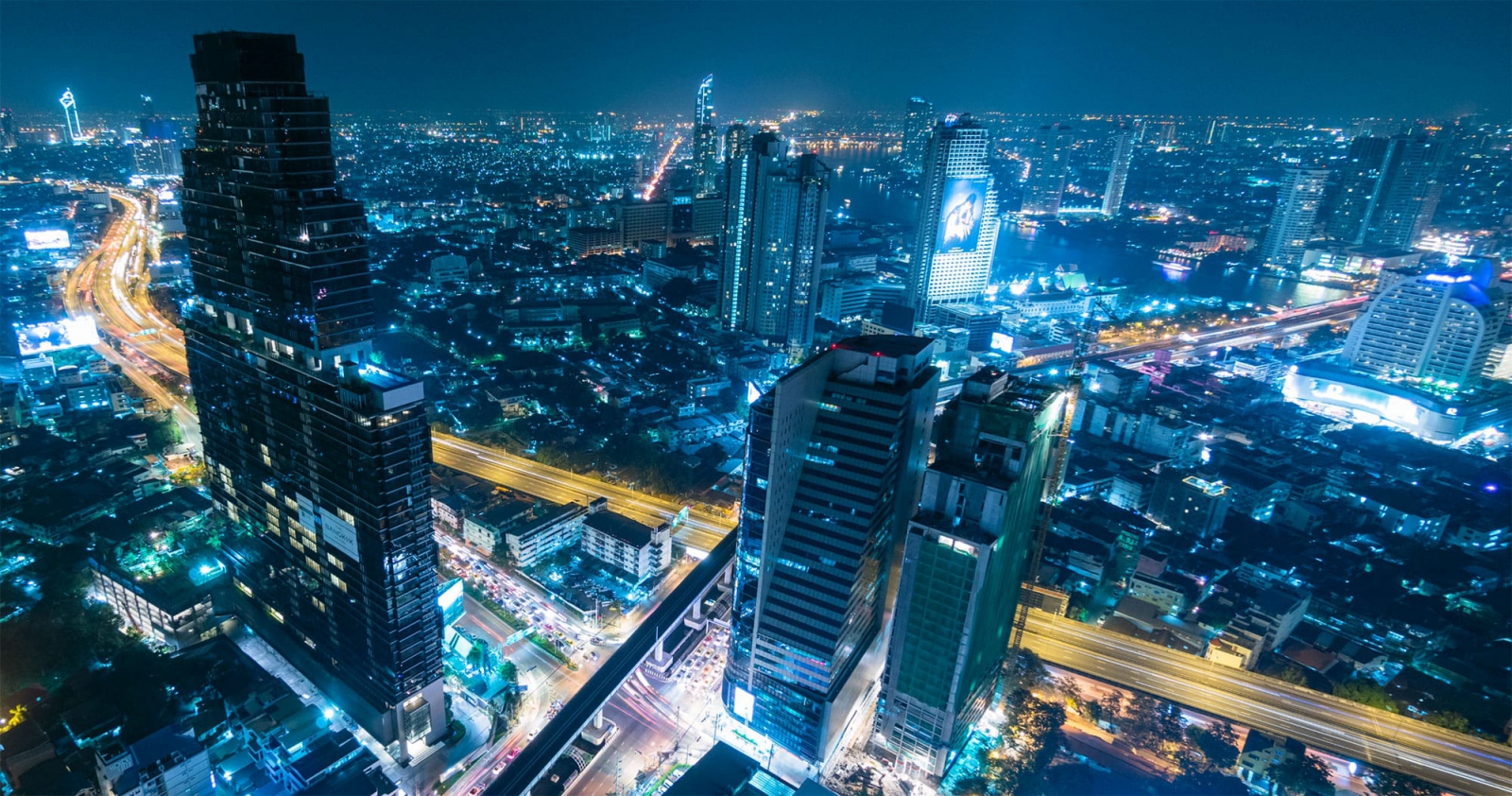VPNs: All you need to know.
As cyber-criminals are advancing, keeping your data in your hands only when online is an ever-growing problem. Luckily, a VPN (Virtual Private Network) will extend a private network across a public network so that you can access the internet safely and privately.
Wondering how you could improve your cyber-security?
Research has shown that since 2016, the use of VPN’s has grown substantionally. However, this is not because of the reason they were originally created for. This was to enable staff members to work from home securely when connecting to business networks. Nowadays, modern VPN services are combining accessibility with security and many are using them to access region-restricted websites, shield browsing activity and to help stay protected when it is so common for personal data to be abused.
Before we talk about VPN’s and what they’re all about, it’s important for you to know about IP addresses as they are what gives you access to the internet. The IP part stands for ‘Internet Protocol’ and the address part stands for the unique number that is given to your computer or device which identifies it on the internet. Similar to your home address, IP addresses will standardise computer addresses and are also in charge of how information is distributed, sent and returned. The addresses are standardised as there are endless address names, which can result in chaos and confusion.
Every computer that accesses the Internet is given an IP address by their ISP (Internet Service Provider), meaning that your name, location and web activity is attached and readily available to cyber-criminals. In addition to this, ISP’s were required to for something like a police investigation, they would have to hand over your important data. Although it may not bother you that ISP’s have this information of yours as you aren’t doing anything illegal, there is still a chance of your data being shared and used for marketing purposes.
Fortunately for us all, there is an easy way we can take back our privacy and control of our data… and that is with VPN’s!
As your data is known because your ISP knows your IP address, the way to mask your identity on the Internet is to change your IP address. By encrypting your data through a tunnel that runs between you and the server, a VPN will act as a gateway to the internet so that no one else can see it. Depending on the VPN, there will be different encryption techniques used, with certain methods being used more than others because of security and safety concerns. Where some only encrypt your data once, some encrypt it multiple times, meaning there is that extra layer of security.
If you are browsing a light-hearted, fun website then there is no issue with your data being accessed. However, that may be a different story when it comes to your online banking and business email. If you’re concerned about your data privacy or find yourself using a public Wi-Fi connection, a VPN will ensure you and your data are protected.
But what do you look for when choosing a VPN?
Although VPN servers have the same thing in mind of what they want to achieve, they do vary, which can make it difficult to choose the right one.
The market is very competitive, so it is beneficial to look at each of their privacy policies in order to identify their strengths and weaknesses with ease. For example, if they were to outline they have a ‘no-log’ policy, it would be a strength over others as it means they do not collect or keep a log of any information, including the time and duration of your sessions.
Additionally, VPN servers often vary in security features. Therefore, you should thoroughly research so you know which would be beneficial to you considering your requirements. Some of the different security features are outlined below:
- Malware Blocker – A popular option that essentially blocks malware.
- Killswitch – Your VPN will shut down automatically if you were to lose connection. This is helpful to have as when you lose connectivity, your data is no longer protected. It has proven to be an effective feature for those using public Wi-Fi.
- Obfuscation – The VPN will mask your activities, making them look more regular. Can be useful when in other countries as some monitor those that look like they are coming from a VPN.
Speed is also an important feature to think about as there are not many things more frustrating than a page taking ages to load. Make sure you do your research on this, looking at how many servers a VPN has as well as check what speed they are guaranteeing.
Understandably, there are many things to take in when it comes to VPN’s. However, in a time where we are increasingly connected to the internet, it is important to ensure you are protected. Using a VPN will enable you to take back your privacy and make sure that your information is staying private.
Please get in touch for information on our business security services.


